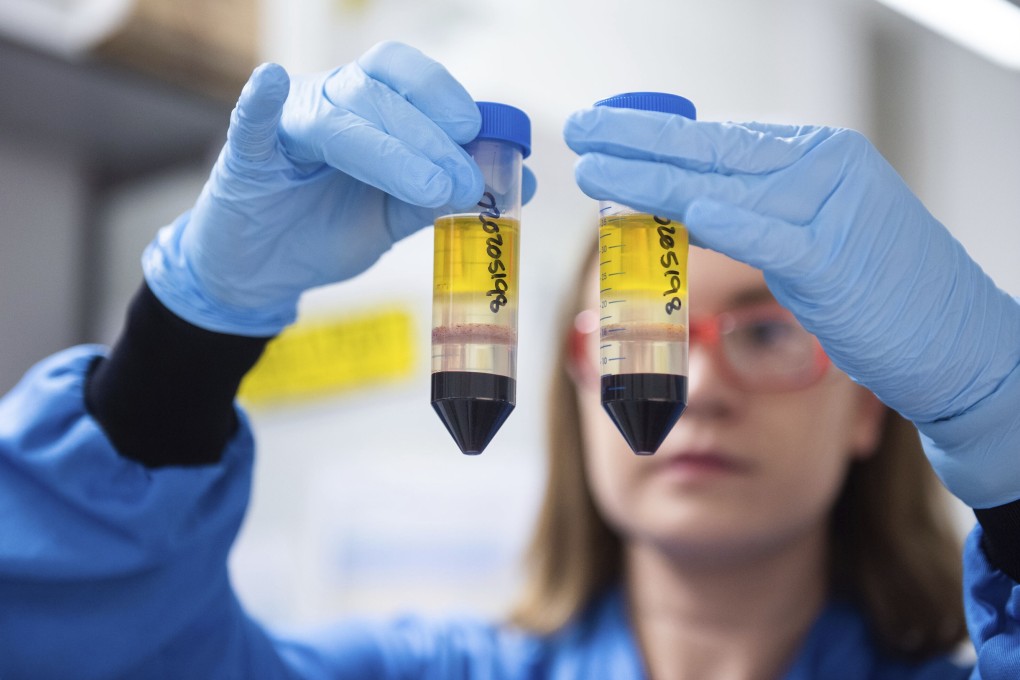Coronavirus: AstraZeneca to run fresh vaccine trial after issues with current test
- The drug maker has acknowledged that the lower dosage given in its study was given in error
- The AstraZeneca-Oxford shot is one of three Covid-19 vaccines that could be approved before the end of the year

AstraZeneca is likely to conduct an additional global trial to assess the efficacy of its Covid-19 vaccine, according to the company’s chief executive officer, after current studies raised questions over its level of protection.
The new trial would be run instead of adding an arm to an ongoing US trial and would evaluate a lower dosage that performed better than a full amount in Astra’s studies. The company’s acknowledgement that the lower level was given in error fuelled concerns.
“Now that we’ve found what looks like a better efficacy we have to validate this, so we need to do an additional study,” CEO Pascal Soriot said in his first interview since the data were released.
It will probably be another “international study, but this one could be faster because we know the efficacy is high so we need a smaller number of patients”.

01:41
Belgium to become a distribution hub for coronavirus vaccines across Europe and Africa
Soriot said he did not expect the additional trial to hold up regulatory approvals in Britain and the European Union. Clearance from the US Food and Drug Administration may take longer because the regulator is unlikely to approve the vaccine on the basis of studies conducted elsewhere, especially given the questions over the results, he said.
Authorisation in some countries is still expected before the end of the year, he said.